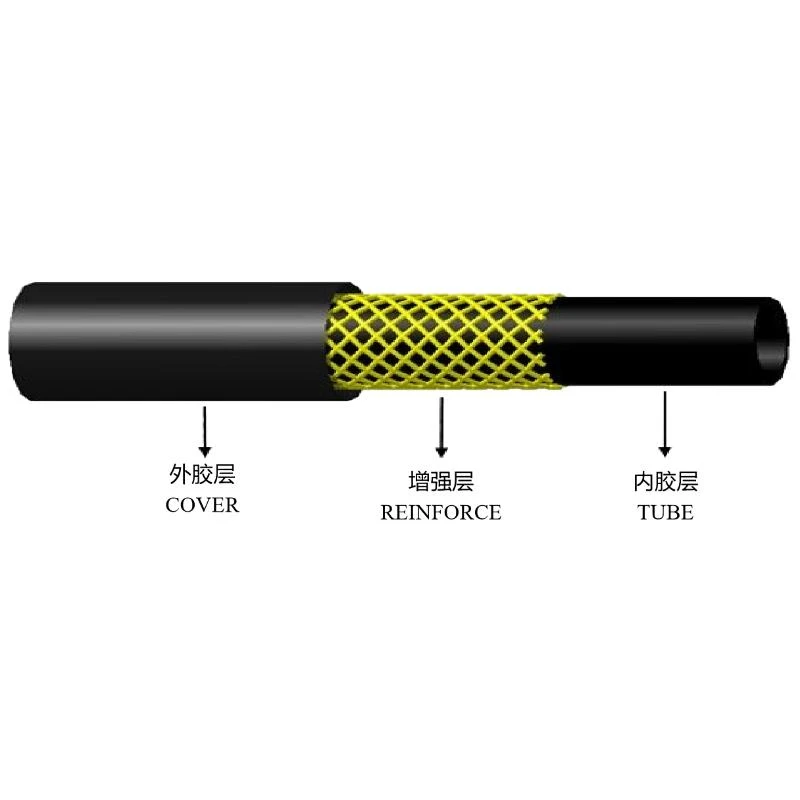Versatile Refrigeration Lines for Efficient Cooling Solutions and Installation Flexibility
Dic . 04, 2024 10:23 Back to list
Versatile Refrigeration Lines for Efficient Cooling Solutions and Installation Flexibility
The Importance of Flexible Refrigeration Lines in Modern Cooling Systems
In the ever-evolving landscape of technology and industrial processes, efficient cooling solutions are essential. One such innovation that has gained traction in recent years is the use of flexible refrigeration lines. These lines are revolutionizing how we approach temperature control in various applications, from commercial refrigeration systems to residential air conditioning units. This article explores the characteristics, benefits, and applications of flexible refrigeration lines, demonstrating their significance in modern cooling systems.
Characteristics of Flexible Refrigeration Lines
Flexible refrigeration lines are typically made from materials like copper, aluminum, or thermoplastic, designed to withstand low temperatures and high pressure. They are characterized by their bendability and adaptability, allowing them to be easily routed through complex spaces, making installation more straightforward compared to traditional rigid piping. This flexibility also allows for a reduction in the number of joints and connections needed, which can decrease the likelihood of leaks and improve overall system efficiency.
One of the key attributes of flexible refrigeration lines is their thermal efficiency. They are designed to optimize heat transfer, which is crucial in refrigeration applications where maintaining a specific temperature is vital. Additionally, their ability to absorb vibrations helps reduce noise levels, making them ideal for residential and commercial environments where sound control is a priority.
Benefits of Flexible Refrigeration Lines
1. Ease of Installation Flexible lines can be easily manipulated to fit various configurations, reducing installation time and labor costs. Contractors often prefer these lines due to their lightweight nature, which further simplifies transport and handling.
2. Reduced Risk of Leaks Traditional rigid piping may require numerous joints and fittings, which can be points of failure over time. Flexible refrigeration lines minimize these connections, thereby decreasing the potential for refrigerant leaks—a critical issue given the environmental concerns surrounding refrigerant gases.
3. Versatility Whether it's for a residential air conditioning system, a walk-in freezer, or a commercial display case, flexible refrigeration lines can be tailored to meet specific requirements. Their adaptability makes them suitable for both new installations and retrofitting existing systems.
flexible refrigeration lines

4. Enhanced Performance The improved thermal efficiency associated with flexible refrigeration lines plays a significant role in energy savings. By maintaining optimal temperatures with less energy consumption, these lines contribute to reduced operational costs and a lower carbon footprint, aligning with the growing demand for environmentally friendly solutions.
5. Durability and Reliability Made from high-quality materials, flexible refrigeration lines are designed to endure harsh conditions, including exposure to chemicals and extreme temperatures. This durability enhances their lifespan, making them a cost-effective choice in the long run.
Applications of Flexible Refrigeration Lines
Flexible refrigeration lines are widely utilized in various sectors, showcasing their versatility and effectiveness
- Residential HVAC Systems In modern homes, flexible lines facilitate the quick and efficient installation of air conditioning systems, providing comfort without compromising energy efficiency.
- Commercial Refrigeration Supermarkets, restaurants, and cold storage facilities depend on flexible refrigeration lines to maintain product quality. The ability to customize these lines for unique layouts helps optimize space utilization and enhances operational efficiency.
- Industrial Applications In manufacturing processes that require precise temperature controls, flexible refrigeration lines are integral in creating effective cooling systems. They adapt easily to different machinery configurations, ensuring consistent performance.
Conclusion
As industries continue to seek innovative solutions to improve efficiency and reduce environmental impact, flexible refrigeration lines have emerged as a vital component of modern cooling systems. Their ease of installation, reduced risk of leaks, versatility, enhanced performance, and durability make them an attractive choice for a variety of applications. As technology progresses and the demand for reliable and efficient refrigeration systems grows, the role of flexible refrigeration lines will undoubtedly expand, paving the way for a more sustainable and effective approach to temperature control.
